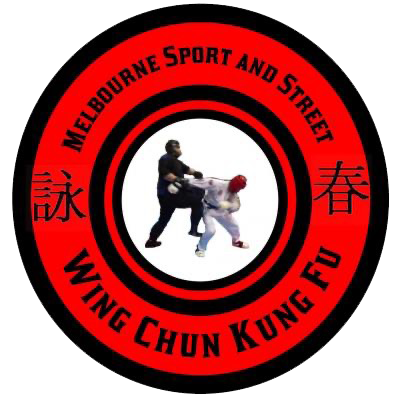What does Wing Chun do to your body?
The Transformative Effects of Wing Chun on Your Body
By Maurice Novoa a master under the Yuen Kay Shan, Ip Man and Pan Nam lineages.
Introduction
Wing Chun, a traditional Chinese martial art form, has gained immense popularity worldwide for its practicality and efficiency in self-defense. Beyond its combat applications, Wing Chun offers a range of physical benefits that positively impact the practitioner’s body. In this article, we will explore the various ways in which Wing Chun training can transform and enhance your physical well-being.
-
Strength and Conditioning
Wing Chun training involves a combination of striking, blocking, and grappling techniques, which require both upper and lower body strength. Practitioners engage in repetitive movements that develop muscle endurance, power, and overall physical strength. Regular practice of Wing Chun helps tone and strengthen muscles throughout the body, improving your overall physical fitness.
-
Flexibility and Range of Motion
Flexibility is a crucial aspect of Wing Chun, as it enables practitioners to perform quick and fluid movements. The practice involves a variety of dynamic stretches, kicks, and footwork, which gradually increase flexibility and improve range of motion in joints. Enhanced flexibility not only enhances performance but also helps prevent injuries and promotes overall joint health.
-
Coordination and Balance
Wing Chun’s emphasis on centerline theory and simultaneous defense and attack promotes excellent coordination and balance. The practice of specific techniques, such as the “chain punches” and “sticky hands” exercises, requires precise control of body movements and coordination between the upper and lower body. With consistent practice, practitioners develop heightened body awareness, improved reflexes, and enhanced balance.
-
Cardiovascular Health
Engaging in Wing Chun training provides an effective cardiovascular workout. The fast-paced nature of drills, combined with intense bursts of energy during sparring sessions, increases heart rate and stimulates blood circulation. This aerobic exercise component helps strengthen the cardiovascular system, improves lung capacity, and promotes overall cardiovascular health.
-
Mental Well-being
Wing Chun is not solely focused on physical training but also emphasizes mental focus and discipline. The art promotes mindfulness, concentration, and mental clarity through its training methods. Practitioners learn to stay calm under pressure, develop better stress management techniques, and enhance their overall mental resilience. The cultivation of a focused mind allows for improved decision-making skills, increased self-confidence, and reduced anxiety and stress levels. This mental aspect of Wing Chun complements the physical benefits, making it a truly transformative practice for both the body and the mind.
-
Self-Defense Skills
While renowned for its physical advantages, an effective self-defense system lies at the core of a particular martial art. By engaging in a range of techniques and applying them in controlled sparring, individuals cultivate practical skills to safeguard themselves in real-world scenarios. The acquisition of self-defense abilities not only enhances physical aptitude but also contributes to mental well-being. Focusing on combat in close proximity and executing efficient movements, this martial art equips practitioners with the means to swiftly and effectively neutralize threats.
Through rigorous training, individuals develop a profound comprehension of body mechanics, leverage, and positioning, facilitating prompt interception and counterattacks. The adaptability of these techniques, combined with heightened awareness, empowers practitioners to effectively defend against unexpected assaults and maintain control during confrontations.
Conclusion
In conclusion, the holistic approach of a particular martial art promotes overall physical well-being, encompassing strength, flexibility, coordination, cardiovascular health, and mental discipline. By embracing this discipline and maintaining consistent practice, individuals can witness the transformative effects it has on their bodies. Whether the aim is to acquire self-defense skills, enhance fitness levels, or cultivate mental resilience, this martial art provides a comprehensive path towards achieving these objectives. It is advisable to seek guidance from a qualified instructor before embarking on this journey, ensuring proper technique and adherence to safety guidelines.
Remember, it is important to consult with a qualified instructor before starting any martial arts training program to ensure the correct application of techniques and prioritization of safety.

